Find Help
More Items From Ergsy search
-
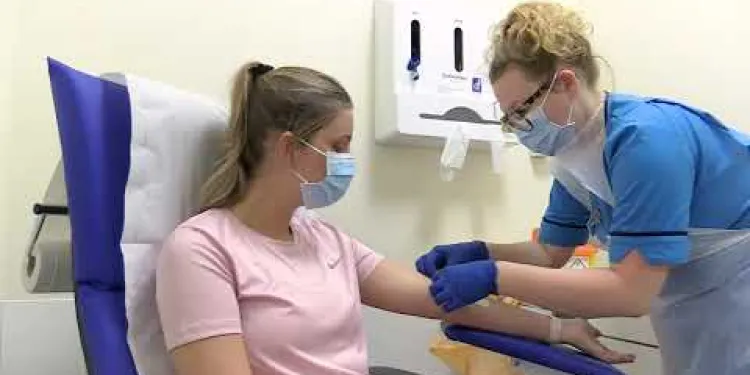
The FDG PET Scan: What to expect
Relevance: 100%
-
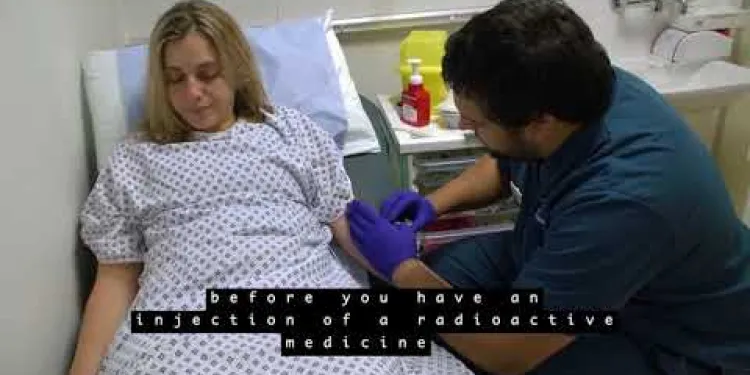
Your PET/CT scan at University College Hospital
Relevance: 96%
-
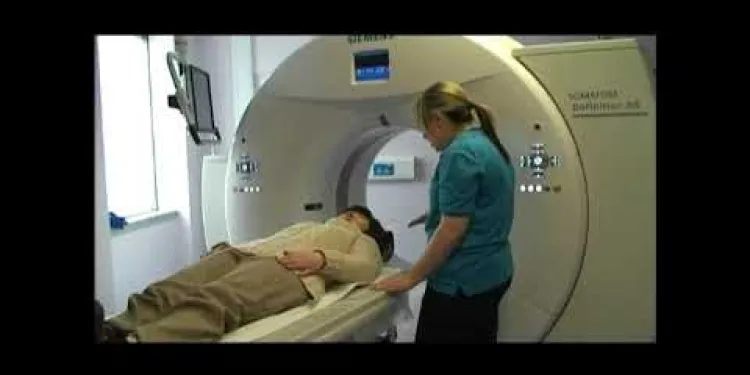
Going For a CT Scan
Relevance: 57%
-
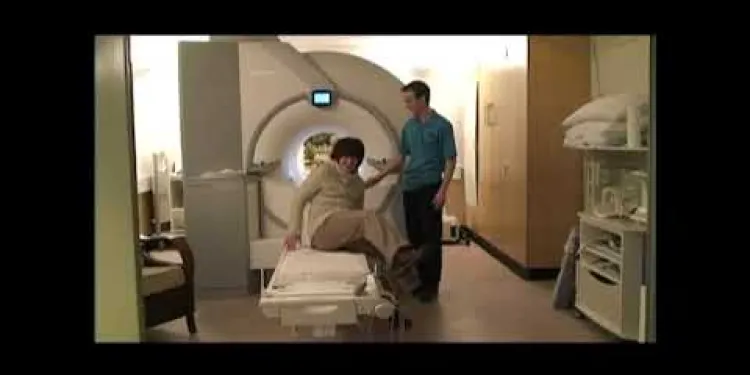
Going for an MRI Scan
Relevance: 55%
-
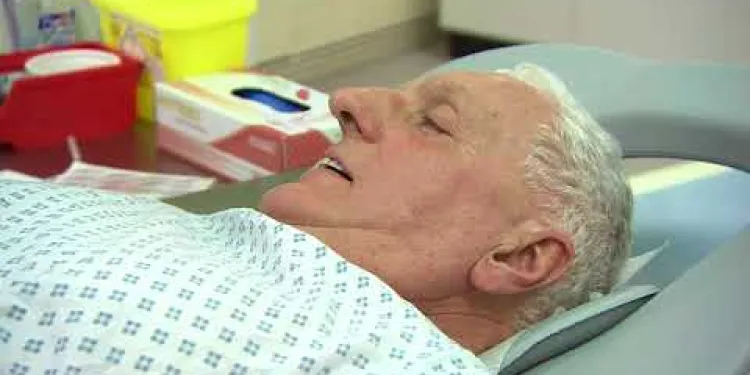
So, you're having a CT scan...
Relevance: 55%
-
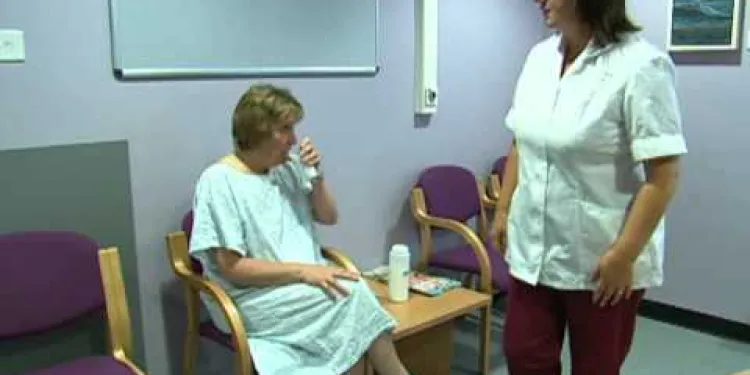
Having a CT Scan in Tayside
Relevance: 54%
-
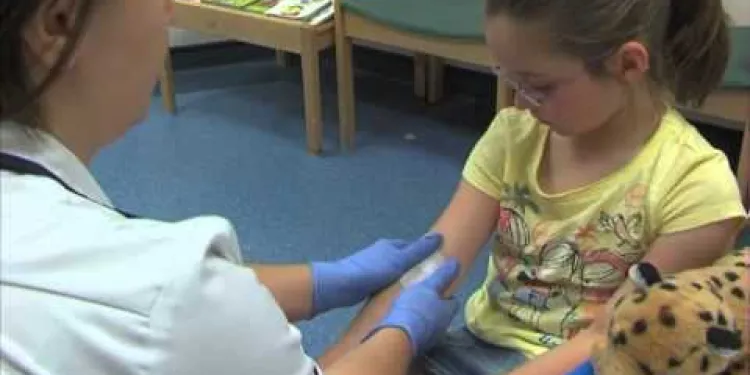
I'm having an MRI scan
Relevance: 54%
-
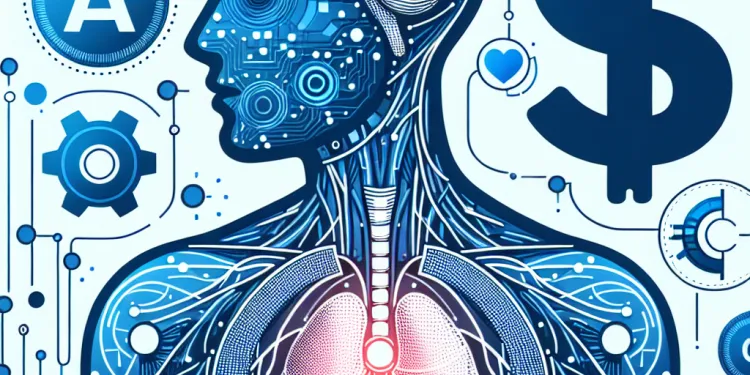
Are AI body scans reliable?
Relevance: 54%
-
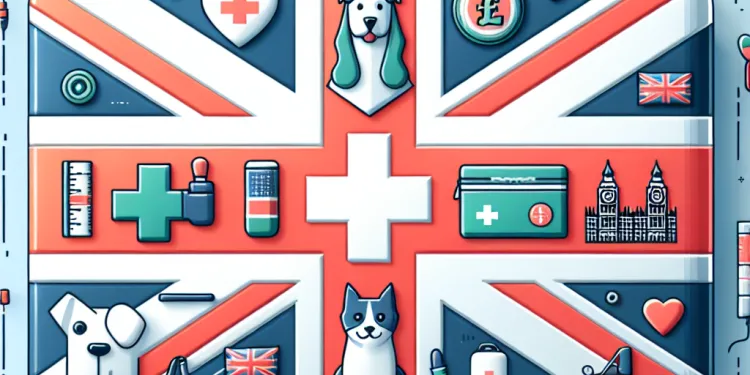
Are there first aid courses for pets?
Relevance: 54%
-

Do UK spiders pose a threat to pets?
Relevance: 54%
-

Do pets contribute to hay fever?
Relevance: 54%
-
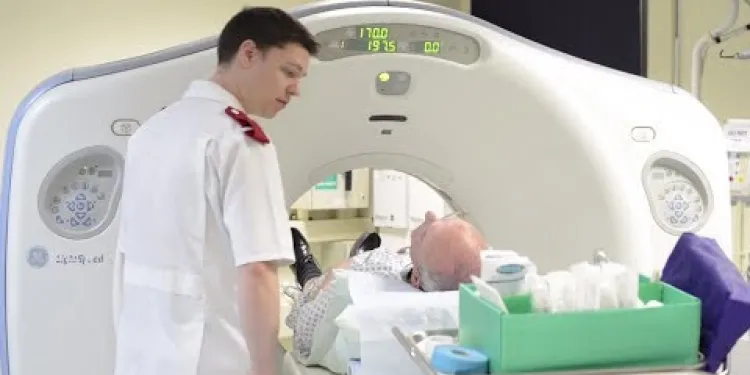
Having a CT scan in Hospital - What's it like having a CT scan at Bedford Hospital?
Relevance: 53%
-

Can I keep a spider in the UK as a pet?
Relevance: 53%
-

What to expect of a DXA Scan
Relevance: 52%
-

What to expect of a DXA Scan
Relevance: 52%
-
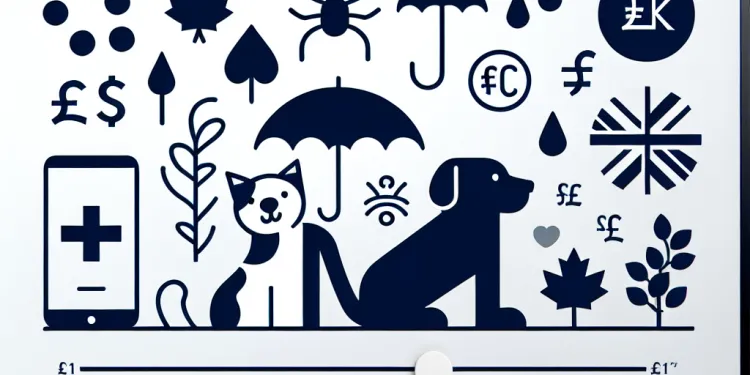
Can pets get Lyme disease?
Relevance: 51%
-
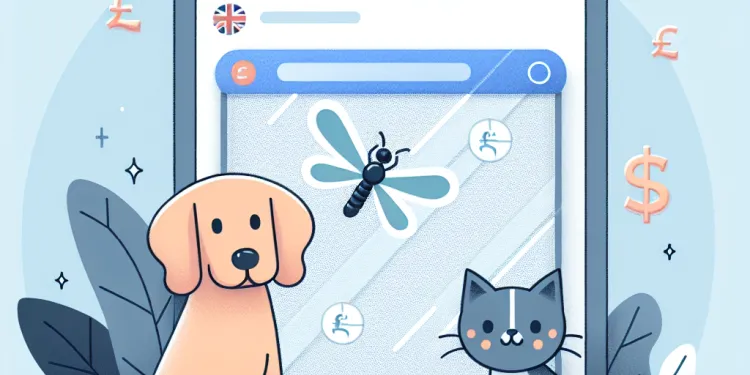
Can pets damage mosquito screens?
Relevance: 51%
-
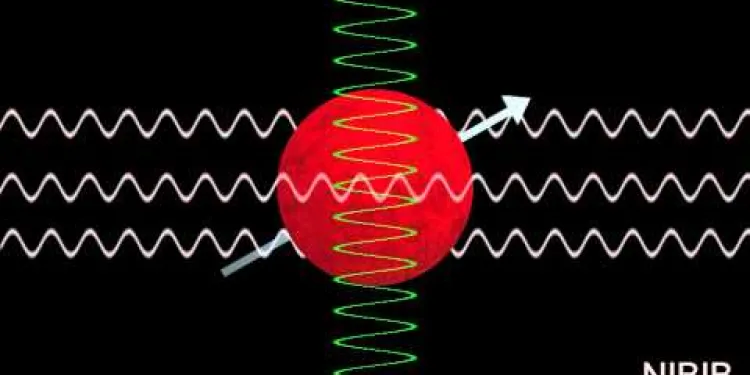
How Does an MRI Scan Work?
Relevance: 50%
-
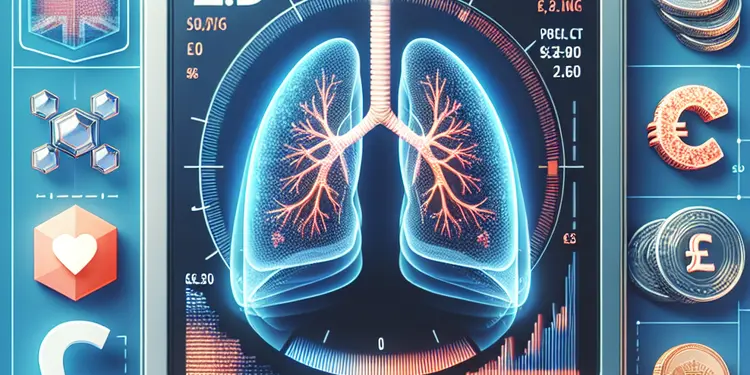
What is a low-dose CT scan for lung cancer?
Relevance: 50%
-

Can I bring my pet to France or Spain from the UK?
Relevance: 50%
-

Are there any special precautions for pets during a heatwave?
Relevance: 50%
-
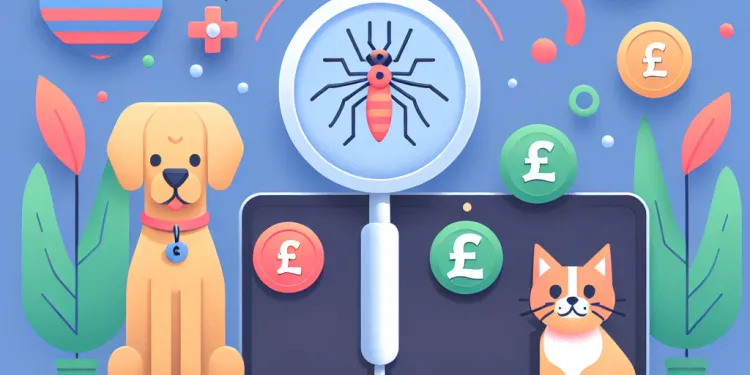
Can pets get West Nile Virus?
Relevance: 49%
-

What is the purpose of a bone scan in prostate cancer treatment?
Relevance: 49%
-

What changes affect pet policies in rented homes?
Relevance: 49%
-

Can pets get scabies from humans?
Relevance: 48%
-
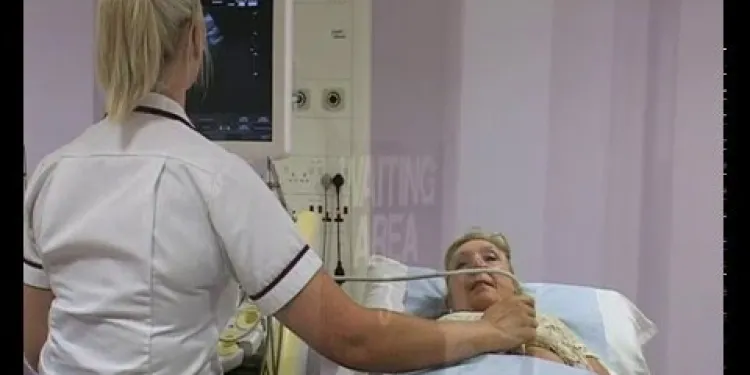
Having an Ultrasound scan at Manchester Royal Infirmary
Relevance: 48%
-

How can I ensure pets are safe during a heatwave?
Relevance: 48%
-
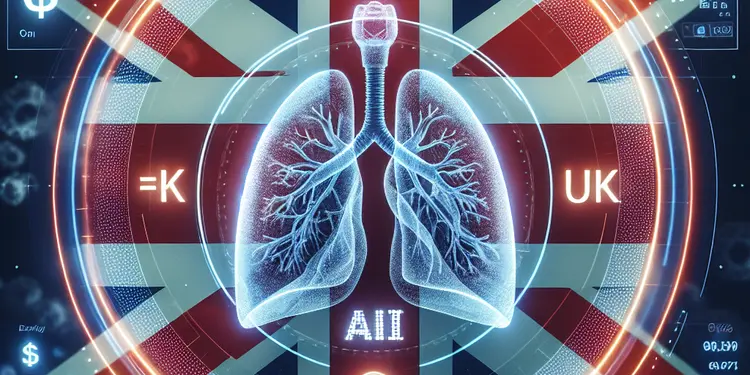
How do AI algorithms detect lung cancer in scans?
Relevance: 46%
-

Patient video: What to expect when having a bone scan
Relevance: 45%
-
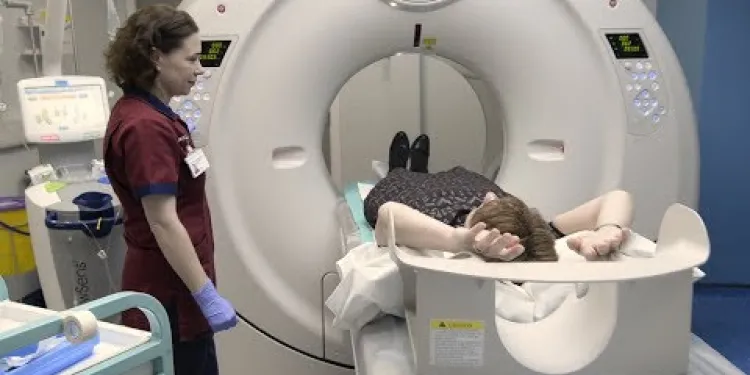
Having a CT Scan at Stoke Mandeville Hospital - Buckinghamshire Healthcare NHS Trust
Relevance: 44%
-

What are potentially exempt transfers (PETs)?
Relevance: 40%
-
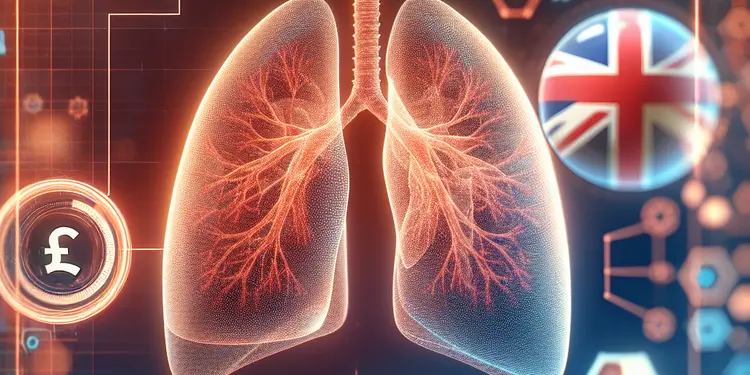
Which types of imaging data are analyzed by AI for lung cancer detection?
Relevance: 38%
-
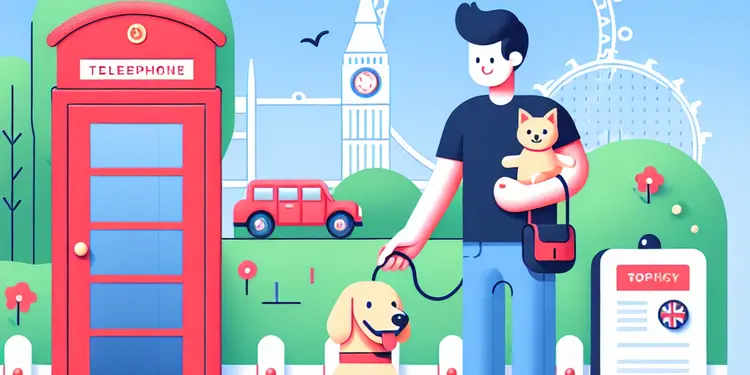
Can pets get scabies from humans?
Relevance: 24%
-
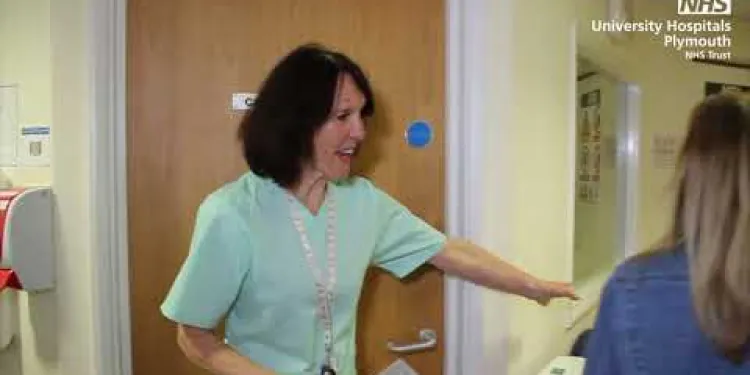
MRI Scanner walkthrough - what to expect at your appointment
Relevance: 24%
-

Can animals spread scabies to humans?
Relevance: 23%
-
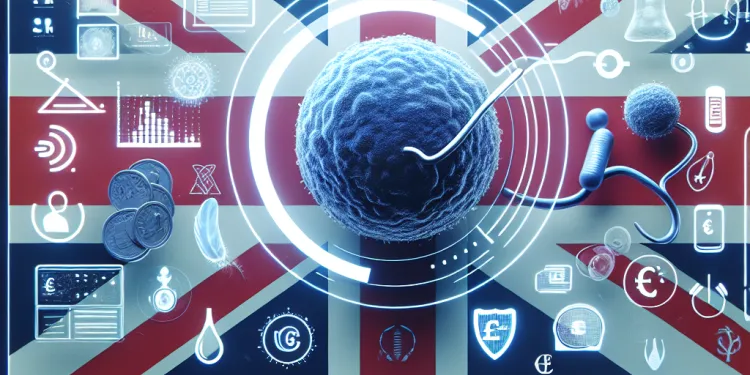
How is testicular cancer diagnosed?
Relevance: 23%
-

Can testicular cancer spread to other parts of the body?
Relevance: 21%
-
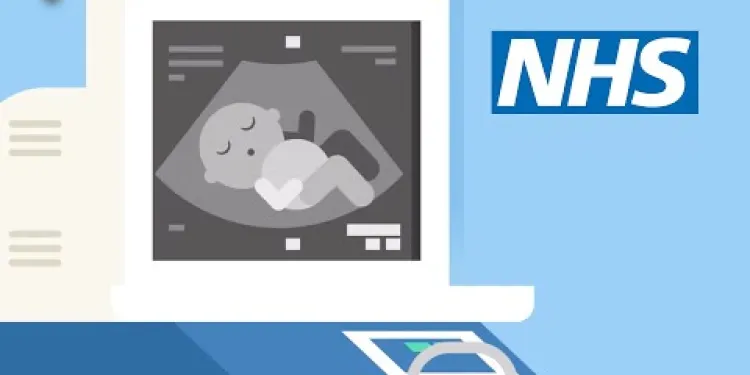
Screening tests for you and your baby | NHS
Relevance: 20%
-
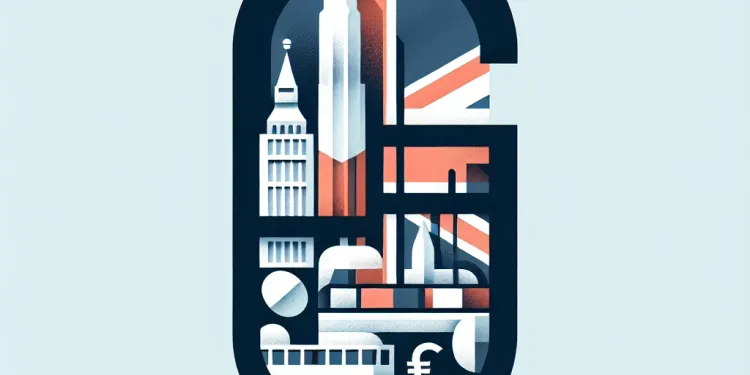
How do you prevent Lyme disease?
Relevance: 19%
-
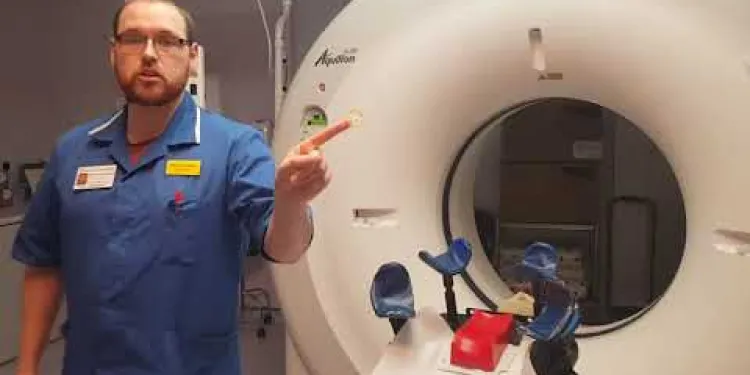
Radiotherapy CT scanner
Relevance: 19%
Your PET/CT Scan at University College Hospital
Understanding PET/CT Scans
Positron Emission Tomography combined with Computed Tomography, commonly known as PET/CT, is a sophisticated imaging technique that provides detailed information about your body's internal structures and function. This scan is particularly valuable in assessing conditions like cancer, heart disease, and brain disorders.
Preparation for Your Scan
Preparing for a PET/CT scan is straightforward but crucial for accurate results. Patients are typically advised to avoid eating for a few hours before the procedure. You may be instructed to follow a special diet and drink plenty of water the day before. It's essential to inform the medical team about any medications you're taking or if you have diabetes, as adjustments might be necessary.
During the Procedure
Upon arrival at University College Hospital, you will be greeted by our friendly staff who will guide you through the process. The first step involves administering a small amount of a radiotracer, usually through an injection. The radiotracer allows the PET/CT scanner to capture images of metabolic activity in your body. You will then need to rest quietly for about an hour as the tracer circulates.
The Scanning Process
During the scan, you will lie comfortably on a motorised table that moves slowly through the PET/CT scanner. It's important to remain still to ensure clear images. The scan itself is painless and typically takes 30 minutes to an hour. The images produced will help your doctor to accurately diagnose and plan the best course of treatment for your condition.
After the Scan
After your PET/CT scan, you can usually resume your normal activities immediately. Drinking plenty of fluids will help flush the radiotracer from your body. Your results will be analysed by a specialist, and your referring doctor will discuss the findings with you at a follow-up appointment. If you have any concerns after the scan, our team is here to support you.
Why Choose University College Hospital?
At University College Hospital, we are committed to providing state-of-the-art diagnostic services in a patient-centred environment. Our skilled radiologists and caring staff ensure that you receive the highest standard of care throughout your visit. Trust us to be your partner in health, offering advanced imaging solutions tailored to your needs.
Your PET/CT Scan at University College Hospital
Understanding PET/CT Scans
A PET/CT scan is a special test to look inside your body. It helps doctors check for problems like cancer or heart issues. The scan shows clear pictures of how your body works on the inside.
Preparation for Your Scan
Getting ready for your scan is important. Do not eat for a few hours before the scan. You might need to follow a special diet and drink lots of water the day before. Tell the doctors if you take any medicine or if you have diabetes, because you might need to change something.
During the Procedure
When you arrive at the hospital, nice staff will help you. You will get a small injection of a special liquid. This helps the scanner take pictures. You need to rest quietly for about an hour after the injection.
The Scanning Process
During the scan, you will lie down on a table that moves slowly. Stay still, so the pictures are clear. The scan does not hurt and it lasts for 30 minutes to an hour. The pictures will help your doctor decide how to treat you.
After the Scan
When the scan is over, you can return to your usual activities. Drink lots of water to help clean out the special liquid from your body. A specialist will check the pictures and your doctor will talk to you about the results. If you have any questions, our team is here to help.
Why Choose University College Hospital?
We want to give the best care at University College Hospital. Our doctors and staff are kind and skilled. We make sure you feel comfortable and get the right help during your visit. We are here to support your health with advanced tests.
Frequently Asked Questions
What is a PET/CT scan and why do I need one?
A PET/CT scan combines Positron Emission Tomography (PET) and Computed Tomography (CT) imaging. This allows doctors to see both the structure and function of organs and tissues in your body, helping to diagnose and manage various conditions, including cancers, heart disease, and brain disorders.
How should I prepare for my PET/CT scan?
You will receive specific instructions from the hospital staff, but general preparations include fasting for a few hours before the scan, avoiding strenuous exercise, and informing your doctor of any medications or allergies.
What can I expect during the PET/CT scan procedure?
During the scan, you will be asked to lie still on a table that slides into the PET/CT machine. It typically takes about 30 minutes to two hours, depending on the area being examined. You may feel a bit of discomfort from the injection of the tracer.
Are there any risks associated with a PET/CT scan?
The risks are minimal. The amount of radiation you are exposed to during a PET/CT scan is relatively low and is considered safe for most patients. However, pregnant women should discuss potential risks with their doctors.
How long does a PET/CT scan take?
The entire procedure, including preparation and scanning, usually takes between 1 to 3 hours. The scanning itself generally lasts between 30 minutes and an hour.
Can I eat or drink before my PET/CT scan?
You will usually be instructed to fast for at least 6 hours before the scan. You may be allowed to drink water, but it's best to follow the specific guidelines provided to you by the hospital.
Will I need to remove clothing for the PET/CT scan?
You may be asked to wear a hospital gown or remove clothing containing metal objects, as metal can interfere with the imaging process. Comfortable, loose-fitting clothing is recommended.
Can I take my regular medications before the scan?
You should inform the medical staff about all medications you are taking. Some may need to be paused or adjusted, but others can be continued as usual. Always follow your doctor's instructions.
When will I receive the results of my PET/CT scan?
Results are usually interpreted by a radiologist and sent to your referring doctor within a few days. Your doctor will then discuss the findings with you and explain any further steps if necessary.
Is the PET/CT scan painful?
The scan itself is painless. You might feel a slight sting or discomfort when the tracer is injected and may need to remain still for the duration of the scan.
Can I drive myself home after the PET/CT scan?
Yes, you can usually drive yourself home after the scan unless you have received sedative medication or feel unwell.
What should I do if I feel unwell after the scan?
If you feel unwell after the scan, it's important to contact your doctor or the hospital where the scan was performed. They can provide you with guidance on what to do next.
Are there any side effects from the PET/CT scan tracer?
Most people experience no side effects from the tracer. Rarely, some may have minor allergic reactions or feel a bit fatigued. Any concerns should be discussed with your doctor.
Can I resume normal activities after my PET/CT scan?
Typically, you can resume your normal activities immediately after the scan unless advised otherwise by your doctor.
Will my insurance cover the PET/CT scan costs?
Coverage for PET/CT scans varies by insurance provider. It's best to check with your insurance company or the hospital's billing department in advance to understand your coverage and any potential out-of-pocket costs.
What is a PET/CT scan and why do I need one?
A PET/CT scan is a special kind of picture that helps doctors look inside your body. It shows how your organs and tissues are working.
You might need a PET/CT scan if the doctor wants to check for any problems inside your body. It helps the doctor to see things they can't see with just an X-ray.
If you find reading hard, you can ask someone to read it to you or use tools like audiobooks or text-to-speech apps.
A PET/CT scan is a special picture of the inside of your body. It uses two types of pictures: one shows how things look (CT) and the other shows how they work (PET). Doctors use these pictures to find out if you are sick or to see how a sickness like cancer, heart problems, or brain issues is doing.
Getting Ready for Your PET/CT Scan
The hospital team will tell you what to do. Here are some general tips: you might need to stop eating for a few hours before the scan. Don’t do hard exercise. Also, tell your doctor about any medicines you take and if you are allergic to anything.
What happens during the PET/CT scan?
You might have a PET/CT scan. This is a type of picture or test doctors use to see inside your body.
Here’s what will happen:
- Before the test: You will lie down on a table. The table moves slowly into a big machine. The machine looks like a big donut.
- During the test: Stay very still and don't move. The machine takes pictures of inside your body. It might be noisy, but it doesn't hurt.
- After the test: You can go home and do normal things. Your doctor will talk to you about what the pictures show.
Some things that might help:
- Bring someone with you, like a parent or friend, to help you feel better.
- Ask the doctor to explain anything you don’t understand.
- Take deep breaths to stay calm if you feel nervous.
When you have the scan, you will lie still on a table. The table goes into a big machine. It usually takes 30 minutes to two hours. It depends on what the doctor wants to look at. The injection might feel a bit uncomfortable.
Is a PET/CT scan dangerous?
A PET/CT scan is a special picture of the inside of your body. It helps doctors see how your body is working.
Having a PET/CT scan is mostly safe, but here are a few things to know:
- Radiation: The scan uses a tiny bit of radiation. This is usually safe.
- Allergies: Some people might have allergies to things used in the scan. Tell your doctor if you have allergies.
- Feeling Nervous: Some people feel scared in the machine because it is small inside. Try to take deep breaths to stay calm.
Always tell your doctor if you are worried about anything. They are there to help you and can answer your questions.
Remember to ask someone you trust if you need help understanding this information.
The risks are very small. When you have a PET/CT scan, you get a tiny amount of radiation. This is safe for most people. But if you are pregnant, talk to your doctor about any risks.
How long does a PET/CT scan take?
A PET/CT scan usually takes about 2 hours.
This is a special kind of picture of your body.
You might need to wait or rest during the scan.
Some people like to bring headphones or a book while they wait.
It’s okay to ask questions if you are unsure.
The whole process takes about 1 to 3 hours. This includes getting ready and having the scan. The scan usually takes 30 minutes to 1 hour.
Can I eat or drink before my PET/CT scan?
Before your PET/CT scan, you should not eat or drink. This means no food or drinks, like water, juice, or snacks.
It's important to follow this rule so that the scan works properly.
If you find reading hard, you can:
- Ask someone to read this with you.
- Listen to the information using an audio tool.
- Use pictures to help understand the words.
You will often need to stop eating for at least 6 hours before the scan. You might be allowed to drink water. It is important to follow the hospital's instructions.
Do I have to take off my clothes for the PET/CT scan?
You might need to wear special hospital clothes or take off clothes with metal bits, because metal can mess up the pictures. It’s best to wear comfy clothes that aren’t too tight.
Can I take my usual medicine before the scan?
Tell the doctors and nurses about all the medicine you take. Some medicine might need to be stopped or changed, but some you can keep taking. Always listen to what your doctor tells you to do.
When will I get my PET/CT scan results?
A special doctor called a radiologist looks at the results. They send these results to the doctor who asked for the test. This usually happens in a few days. Your doctor will talk to you about what the results mean. They will also tell you if anything else needs to be done.
Here are some tips to help understand results:
- Ask the doctor to explain things with pictures or drawings.
- Use a support person to help remember what the doctor says.
- Take notes on what the doctor tells you.
- Ask questions if something is not clear.
Does a PET/CT scan hurt?
The scan does not hurt. You might feel a small sting when the tracer is put in, and you may need to stay still during the scan.
It can help to take deep breaths to relax. Listening to music or using a fidget toy can make it easier to stay still.
Is it okay for me to drive home after my PET/CT scan?
Yes, you can usually drive yourself home after the scan. But if you took medicine that makes you sleepy, or if you feel sick, you shouldn't drive. Instead, ask someone to help you get home.
What to Do if You Feel Sick After the Scan
If you feel sick after your scan, tell an adult you trust. They can help you feel better. You can also talk to a doctor or nurse. Rest and drink water. They might give you medicine if you need it.
If you feel sick after the scan, it is important to tell your doctor or the hospital where you had the scan. They can help you understand what to do next.
Does the PET/CT scan tracer have any side effects?
The PET/CT scan uses a special dye called a tracer.
Some people worry about side effects from the tracer.
Most of the time, people do not have side effects.
If you do feel anything strange, tell your doctor right away.
Helpful tip: You can bring a friend or family member with you for support.
Most people do not feel bad after getting the tracer. Sometimes, a few people might have a small allergy or feel a little tired. Talk to your doctor if you are worried.
Can I go back to my usual activities after my PET/CT scan?
You can usually go back to what you were doing right after the scan, unless your doctor tells you something else.
Will my insurance pay for the PET/CT scan?
If you need a PET/CT scan, you might worry about the cost. Here’s how to find out if your insurance will pay:
- Ask your doctor or nurse. They can help you know what to do.
- Call your insurance company. They will tell you what is covered.
- Look at your insurance papers. They have information about what is paid for.
If you feel confused, you can ask a friend or family member to help. They can talk with the insurance company for you.
Different insurance companies pay for PET/CT scans in different ways. It is a good idea to call your insurance company or the hospital's billing office before your scan. This way, you can find out what your insurance will pay for and how much you might need to pay yourself.
Useful Links
This website offers general information and is not a substitute for professional advice.
Always seek guidance from qualified professionals.
If you have any medical concerns or need urgent help, contact a healthcare professional or emergency services immediately.
Some of this content was generated with AI assistance. We’ve done our best to keep it accurate, helpful, and human-friendly.
- Ergsy carfully checks the information in the videos we provide here.
- Videos shown by Youtube after a video has completed, have NOT been reviewed by ERGSY.
- To view, click the arrow in centre of video.
- Most of the videos you find here will have subtitles and/or closed captions available.
- You may need to turn these on, and choose your preferred language.
- Go to the video you'd like to watch.
- If closed captions (CC) are available, settings will be visible on the bottom right of the video player.
- To turn on Captions, click settings .
- To turn off Captions, click settings again.
More Items From Ergsy search
-

The FDG PET Scan: What to expect
Relevance: 100%
-

Your PET/CT scan at University College Hospital
Relevance: 96%
-

Going For a CT Scan
Relevance: 57%
-

Going for an MRI Scan
Relevance: 55%
-

So, you're having a CT scan...
Relevance: 55%
-

Having a CT Scan in Tayside
Relevance: 54%
-

I'm having an MRI scan
Relevance: 54%
-

Are AI body scans reliable?
Relevance: 54%
-

Are there first aid courses for pets?
Relevance: 54%
-

Do UK spiders pose a threat to pets?
Relevance: 54%
-

Do pets contribute to hay fever?
Relevance: 54%
-

Having a CT scan in Hospital - What's it like having a CT scan at Bedford Hospital?
Relevance: 53%
-

Can I keep a spider in the UK as a pet?
Relevance: 53%
-

What to expect of a DXA Scan
Relevance: 52%
-

What to expect of a DXA Scan
Relevance: 52%
-

Can pets get Lyme disease?
Relevance: 51%
-

Can pets damage mosquito screens?
Relevance: 51%
-

How Does an MRI Scan Work?
Relevance: 50%
-

What is a low-dose CT scan for lung cancer?
Relevance: 50%
-

Can I bring my pet to France or Spain from the UK?
Relevance: 50%
-

Are there any special precautions for pets during a heatwave?
Relevance: 50%
-

Can pets get West Nile Virus?
Relevance: 49%
-

What is the purpose of a bone scan in prostate cancer treatment?
Relevance: 49%
-

What changes affect pet policies in rented homes?
Relevance: 49%
-

Can pets get scabies from humans?
Relevance: 48%
-

Having an Ultrasound scan at Manchester Royal Infirmary
Relevance: 48%
-

How can I ensure pets are safe during a heatwave?
Relevance: 48%
-

How do AI algorithms detect lung cancer in scans?
Relevance: 46%
-

Patient video: What to expect when having a bone scan
Relevance: 45%
-

Having a CT Scan at Stoke Mandeville Hospital - Buckinghamshire Healthcare NHS Trust
Relevance: 44%
-

What are potentially exempt transfers (PETs)?
Relevance: 40%
-

Which types of imaging data are analyzed by AI for lung cancer detection?
Relevance: 38%
-

Can pets get scabies from humans?
Relevance: 24%
-

MRI Scanner walkthrough - what to expect at your appointment
Relevance: 24%
-

Can animals spread scabies to humans?
Relevance: 23%
-

How is testicular cancer diagnosed?
Relevance: 23%
-

Can testicular cancer spread to other parts of the body?
Relevance: 21%
-

Screening tests for you and your baby | NHS
Relevance: 20%
-

How do you prevent Lyme disease?
Relevance: 19%
-

Radiotherapy CT scanner
Relevance: 19%


